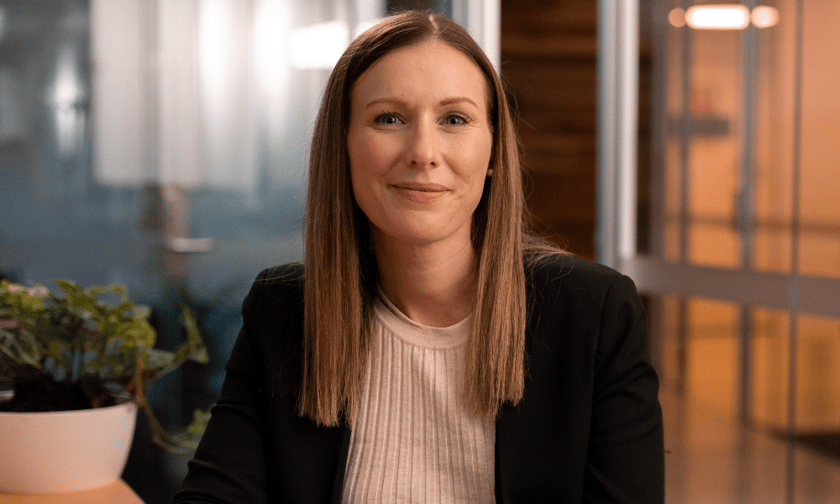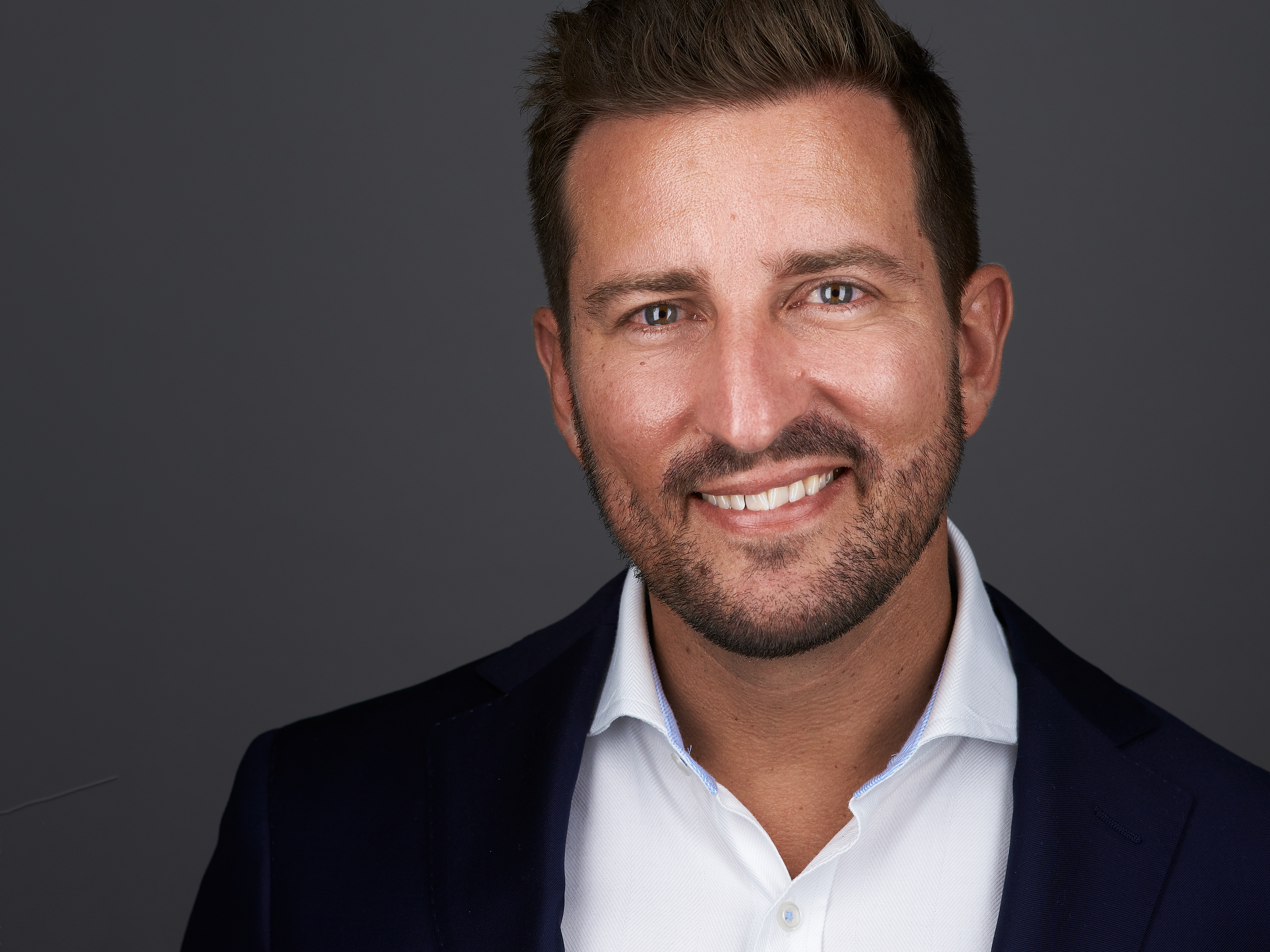

Arteva Funding is marking one year since adopting an Environmental, Social and Governance (ESG) policy. CEO Daniel Gronert (pictured below) and marketing and ESG director, Sally Richardson (pictured above), explained to Insurance Business how this policy is transforming, in a very positive way, not just the internal business culture of Arteva, but the way the firm interacts with brokers and other clients.
One small but significant change: the printing machine is virtually obsolete.
A visitor to Arteva’s Gold Coast office in 2022 would probably have heard that machine’s constant drone. Gronert said printing loan documentation meant many thousands of pages would roll off the printer every month.
In 2023, Richardson said this number is down to about 10 pages monthly.
IB suggested, tongue in cheek, these must be very important pages.
“There are still some businesses out there that want paper copies!” she said.
However, the fact that so many of the firm’s brokers and other clients are doing without paper copies just fine is a small indication that one of the pillars of Arteva’s ESG strategy is working. That pillar involves educating business partners about ESG.
“We’ve actually already started this process,” said Gronert. “We’ve not only met with some of our key client groups - the big broker groups and some of the larger authorized representative networks - but we’ve actually started presenting and talking to them about our journey to date.”
He said that there are still many small businesses that don’t really understand ESG.

“We’ve tried to create some relevance for our industry [brokers and their clients] through the immediate impact that many of these SMEs will see and are possibly already starting to see,” said Gronert. “That’s through the direct relationship between ESG factors are how they’re influencing and impacting insurers and their operations.”
As risk managers, he suggested that brokers’ conversations with their clients can’t avoid ESG.
“We’re in an environment where we’re all used to seeing insurance premiums going up and we’re hearing year on year that environmental disasters and their impacts are having a flow on effect to pricing for insurers,” said Gronert. “We all benefit from increasing premiums, but we also need to understand the underlying reasons why that may be occurring.”
He said brokers need to understand their clients’ risks in the ESG space because these directly impact business decisions and the pricing of insurance coverages.
“If they’re not covering all aspects of risk, then I guess they’re probably not doing their job holistically as a broker,” said Gronert.
Part of this education process with brokers has involved sharing how his firm is undertaking its ESG journey. Gronert said Arteva engaged external consultants, appointed Richardson as ESG director and then got down to some serious research.
“There’s thankfully a lot of resources online which gives you a really good insight into what you can be doing - the types of initiatives that you can put in place,” he said. “It can be very low cost but it is time consuming to build that initial framework.”
Fleshing out the framework, he said, is an ongoing conversation involving Richardson, himself, the firm’s employees and deciding together everyone’s ESG responsibilities.
“Then as we went down that education process we dedicated resources to actually embedding it in our business,” said Gronert.
Part of the process, he said, has involved proactively engaging with brokers and their client base. This wide scope in their ESG strategy he said, “was a great message” and has resulted in Arteva being seen “as a leader in our industry.”
Measuring the firm’s carbon footprint was one initiative. With the assistance of Trace, Arteva underwent a data collection process to accurately measure emissions, including from business trips and office energy usage. In January, Arteva announced it was carbon neutral.
Gronert said this process was a “big eye opener.”
The governance part of ESG, he said, involved making sure business policies were up to date and compliant with both relevant legislation and also customer expectations.
“Then from a social perspective, we were looking at things like, how can we be a more responsible corporate citizen? What else can we be doing?” said Gronert. “So engaging with some charitable partners was a really big move for us.”
He said the firm has done this ad hoc in the past but now Arteva has a “detailed schedule of what we’re going to be doing.”
Currently, their main charity partner is Orange Sky, an organisation that works with the homeless.
“For our wider team, it’s given them a great exposure to a completely different world that perhaps many of them never would have been exposed to,” said Gronert.
Many members of Arteva’s team, he said, have now worked with people at Orange Sky and come back to the firm with stories about their experience.
“It’s giving them greater perspective and shaped the overall culture of our business in a positive way that we perhaps didn’t really foresee,” said Gronert.
The Black Dog Institute and Hope in a Suitcase are its other charity partners.
“They’re [Hope in a Suitcase] a fantastic young charity,” said Gronert. “They focus on providing a suitcase of belongings that can be handed to a foster child because as they enter a new home, they are often in a situation where they don’t have anything of their own.”
Helping to provide children in a difficult situation with some belongings, he said, that might include a few toys and pyjamas “really resonated” with Arteva employees.
Gronert suggested that this more concerted effort to work with charities is helping drive an overall culture shift at Arteva.
“We’re starting to realize that we’re more than just a business now and we’re not just focused on our journey from a profitability point of view,” he said. “We are a responsible corporate citizen and we are the type of employer that employees want to be associated with.”
He said “hopefully” Arteva’s brokers and clients are also seeing this change as well.
